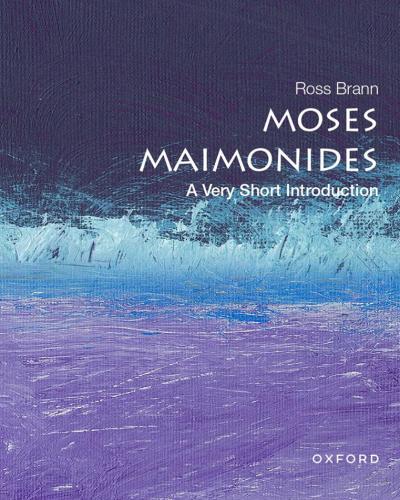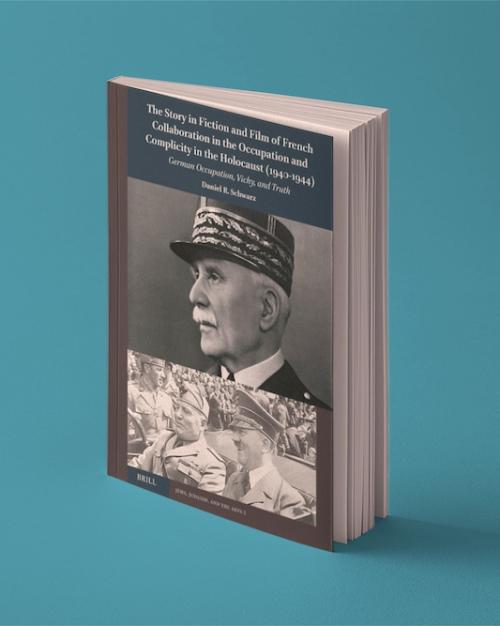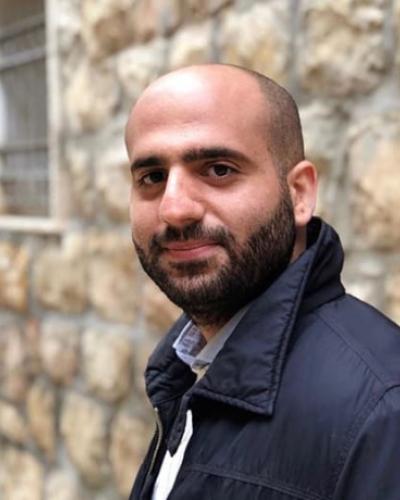Editor’s note: We asked our first-year Ph.D. student Re’ee Hagay to tell us a bit about what brought him to Cornell. He writes:
I remember being 12 years old in my father’s car on the way to our weekly visit in my grandparents’ home in Holon, Israel, as we listened together to the Beatles’ albums, including George Harrison's songs with the sitar, tambura, tabla and other instruments that colored the music with Indian sound. My father told me that these sounds evoked his memories of Iraqi music he had heard during family celebrations as a child, and explained this connection by pointing out the relative geographical proximity between Iraq and India. This shared listening experience prodded me to consider the concrete and imaginary relations between sounds, memories, and geographic spaces, questions that are still at the heart of my academic work.
I have been exploring the continuous engagement of Iraqi-Jewish cantors with Arabic music. The cantors' memories reveal modern and ancient layers of the past, when multi-directional routs of migration between Baghdad, Jerusalem and Cairo were taken. The cantors' descriptions of their experience in Arabic music further overlap with theological discourses of diaspora and exile--in particular, via return to the mournful wailing of the Jewish exiles upon their arrival to the rivers of Babylon, as depicted in Psalm 137. Sounds of mourning continued to preoccupy my research in a more recent project dedicated to the biography of the late Yemenite-Israeli singer-songwriter, Ahuva Ozeri. As a child, Ozeri was sent by her mother to serve as a mourner in homes of deceased people in Tel Aviv's Yemenite quarter. The mourning continued to shape Ozeri's musical practice in its changing forms and contexts. Created in South Tel Aviv, Ozeri's music derived from a range of traditions originating in other areas of the global south. These included blues and gospel from the southern United States, South Asian film music, and mid-twentieth century popular Egyptian songs.





